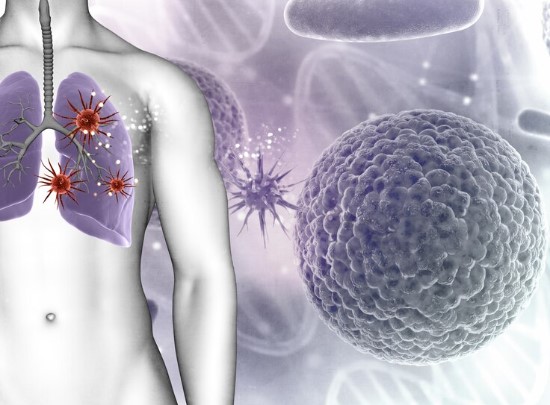
If you or someone you care about has gone through treatment for small lung cancer, it’s essential to understand the importance of follow-up care. After the initial treatment, many patients feel relieved, but this is not the end of the journey. Follow-up care is a critical part of the healing process and can significantly impact long-term health and recovery.
Why is Follow-Up Care Important?
- Monitoring Health:
Follow-up appointments allow healthcare providers to monitor your health after small lung cancer treatment. These visits help track any changes in your condition and ensure that the treatment is effective. Your doctor can check for any signs of recurrence, which means that cancer may come back. Early detection of any issues can lead to better outcomes.
- Managing Side Effects:
Lung cancer treatment can have various side effects, including fatigue, pain, and breathing problems. Follow-up care gives patients the chance to discuss these side effects with their healthcare team. The team can provide strategies to manage these symptoms and improve quality of life. They can also adjust medications or therapies to help you feel better.
- Emotional Support:
A cancer diagnosis can be overwhelming. Follow-up care provides a support system where you can express your feelings and concerns. Many healthcare facilities have resources, such as counselors or support groups, to help patients cope with the emotional aspects of cancer treatment. Connecting with others who understand what you are going through can be comforting.
- Lifestyle Changes:
After treatment, doctors often recommend lifestyle changes to help improve overall health. These may include quitting smoking, eating healthier, and increasing physical activity. Follow-up care allows you to discuss these changes with your healthcare provider. They can guide you on how to implement these changes successfully.
- Continued Education:
Cancer care does not stop after treatment. Follow-up appointments are a time to learn more about lung cancer, treatment options, and healthy living. Your healthcare team can provide updated information on clinical trials, new treatments, and research. Staying informed helps patients make better decisions about their health.
- Building a Care Plan:
Each person’s journey with lung cancer is unique. After treatment, your doctor will work with you to create a personalized care plan. This plan includes regular check-ups, tests, and screenings. By having a structured plan, patients can feel more secure and empowered in their recovery.
Follow-Up Care by Stage
The follow-up care you receive may depend on the stage of lung cancer you have. For small lung cancer treatment by stage, your healthcare provider will tailor the follow-up plan based on your specific situation. This might include imaging tests like CT scans or X-rays to check for any signs of cancer returning. The frequency of these visits may change over time, so it’s crucial to stay in touch with your doctor.
Outcome:
Follow-up care after small lung cancer treatment is essential for monitoring health, managing side effects, and providing emotional support. It helps patients make necessary lifestyle changes and stay informed about their health.
At FLASS (Florida Lung, Asthma & Sleep Specialists), we believe in a patient-oriented, holistic approach to healthcare in the fields of pulmonary disorders and sleep medicine. We are dedicated to providing quality care and are involved in various approved clinical trials and research to advance treatment options. If you have any questions or need support, reach out to us today. Your health is our commitment, and we’re here to help.

